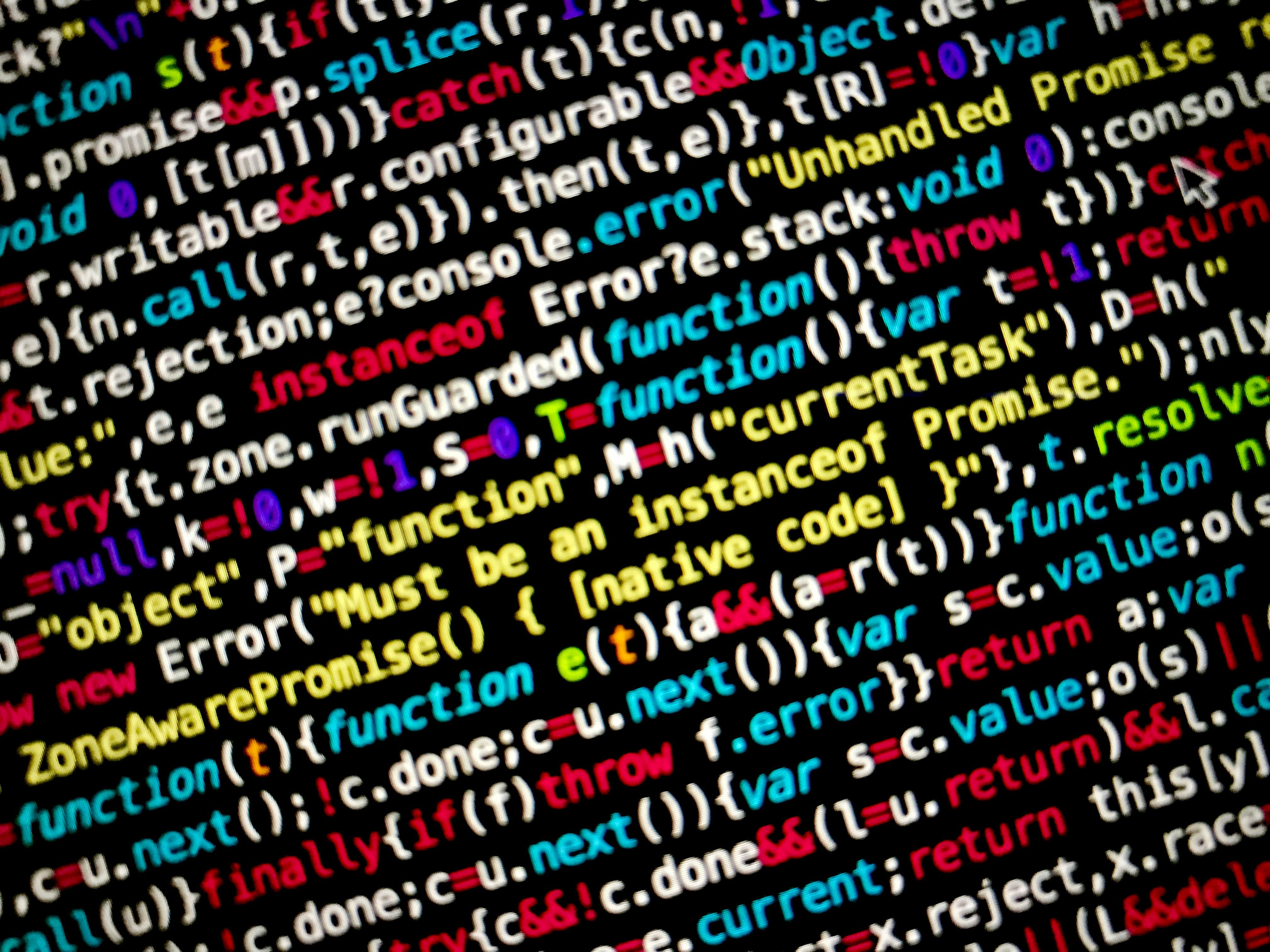Increasing Numbers of Individuals Face Child Benefit Tax Charges Due to Unchanged Tax Thresholds
Up to 376,000 families will be hit by a higher tax rate for child benefit by 2028-29, according to new data. With frozen income tax thresholds and rising wages, more families will find themselves falling into the higher income bracket and having to pay the child benefit charge (HICBC).
The former Chancellor, Jeremy Hunt, raised the threshold for the HICBC to £60,000 last year, but it seems that the combination of static tax thresholds and growing wages will actually result in even more families facing the charge. In fact, an estimated 50,000 extra families will be subject to the HICBC by the 2028-29 tax year due to increasing incomes.
The Government takes back child benefit from households where the highest earner has an income of above £60,000, and completely withdraws it once they earn over £80,000. This means that for every £200 of income over £60,000, parents have to repay 1% of their child benefit. Once their adjusted net income reaches £80,000, they must repay all child benefit received.
It's important for parents to be aware of the need to inform HMRC if their income exceeds £60,000, and to pay any child benefit tax charge due. Failing to do so can result in significant arrears and unexpected tax bills, as well as potential relationship issues if couples do not share their earnings.
While fewer families are currently paying the charge, the frozen tax thresholds will soon mean that more people are caught in the child benefit tax trap as they will earn between £60,000 and £80,000. This represents a significant increase in marginal tax rates, with many couples facing a combined rate exceeding 55%.
Sean McCann, a chartered financial planner at NFU Mutual, commented: "Many are still unaware of the need to inform HMRC once their income exceeds £60,000 and pay any child benefit tax charge due. There have been numerous cases where significant arrears have built up over several years, resulting in unexpected five figure tax bills."
In related news, it was revealed last week that fewer households are currently having to pay the HICBC. In the 2023/24 tax year, only 75 penalties for 'Failure to Notify' were issued, down from 7,007 the year before. The value of the penalties also fell from £4.5 million to £45,443. This suggests that the threshold change has had a material impact and growing awareness may have prompted some parents to salary sacrifice into a pension in order to avoid the charge.
Despite the Government's decision to shelve plans to reform the HICBC, it has pledged to reduce the administrative burden by allowing affected families to repay the charge via PAYE from August 2025.
According to recent analysis, by 2028-29, the HICBC will affect an estimated 376,000 families, up from 325,000 in recent years. This represents a rise of approximately 50,000 families due to rising incomes and frozen income tax thresholds.
The changing tax landscape is causing marginal tax rates to soar for families with incomes between £60,000 and £80,000, reaching up to 55%. This can create major financial pressures and unintentional consequences for families who do not fully understand the impact of the HICBC.
References:
[1] Office for Budget Responsibility, "Child Benefit", accessed on 21 March 2023, https://www.gov.uk/government/collections/child-benefit.
[2] UK Government, "High Income Child Benefit Charge (HICBC)", accessed on 21 March 2023, https://www.gov.uk/child-benefit/high-income-child-benefit-charge.
[3] NFU Mutual, "Average HICBC to rise by £200 per family in 2024/25", accessed on 21 March 2023, https://www.nfumutual.co.uk/news/average-hicbc-to-rise-by-200-per-family-in-202425.
[4] HMRC, "How to pay extra tax for child benefit if you earn over £60,000", accessed on 21 March 2023, https://www.gov.uk/child-benefit/high-income-child-benefit-charge/how-to-pay.
[5] Resolution Foundation, "UK continues to face a childcare crisis", accessed on 21 March 2023, https://www.resolutionfoundation.org/media/persistent-childcare-crisis/.
- With rising incomes and frozen income tax thresholds, an estimated 50,000 more families will fall under the High Income Child Benefit Charge (HICBC) by 2028-29, reaching a total of 376,000 families.
- The HICBC can create significant financial pressures for families with incomes between £60,000 and £80,000, as the changing tax landscape can cause marginal tax rates to reach up to 55%.
- Parents must be aware of the need to inform HMRC if their income exceeds £60,000 and pay any child benefit tax charge due to avoid significant arrears and unexpected tax bills.
- The Government has pledged to reduce the administrative burden by allowing affected families to repay the HICBC via PAYE from August 2025.
- Growing awareness and the previously raised threshold for the HICBC have resulted in fewer households currently paying the charge, as some families have taken steps to avoid it, such as salary sacrificing into a pension.






